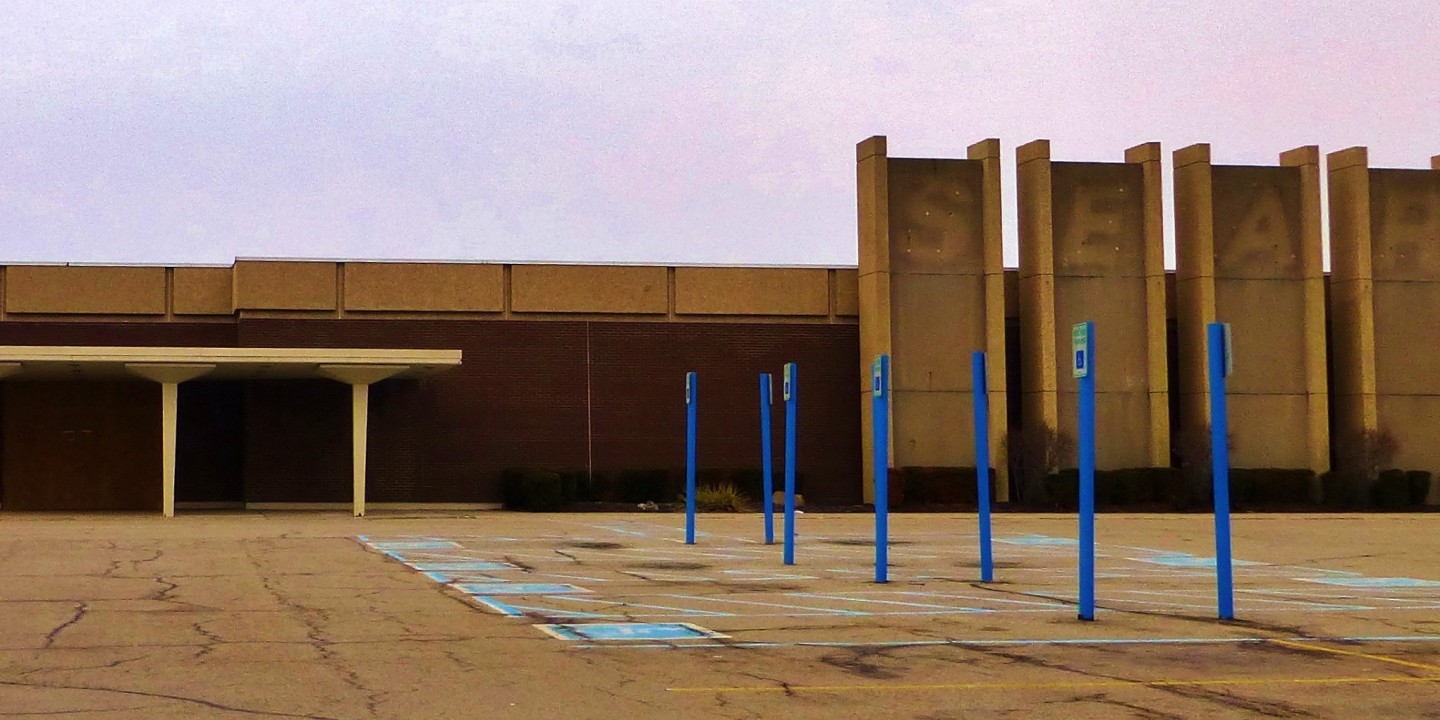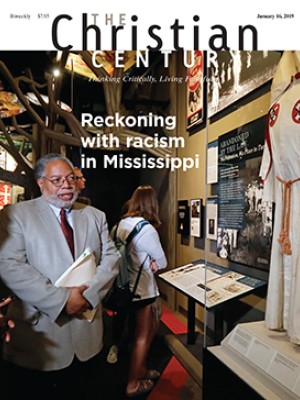Finance capitalism is bad for business
The fall of Sears reflects larger problems with how corporations are run.

The department store chain Sears once represented the vitality of American capitalism. People of all income levels shopped at Sears. Households everywhere welcomed the Sears catalog, which offered everything from clothes to toys to model homes at reasonable prices. The Sears catalog was especially notable for the way that it allowed people of all races to shop freely for the same products. The writer Edward McClellan has argued that “there has been no more ubiquitous, unifying experience” in the United States than shopping at Sears.
So when Sears declared bankruptcy in October, it marked the end of an era. Sears had been in decline for years, its middle-class brand losing value in a fragmented marketplace and its business model punctured by the rise of e-commerce. Sears’s demise reflects a changed marketplace and a series of unwise business decisions.
Read our latest issue or browse back issues.
Yet the fall of Sears is also emblematic of a broader shift in capitalism. It’s telling that the CEO managing the crisis, Edward S. Lampert, is not an expert in the retail business but rather the founder and manager of a hedge fund. His efforts have not focused on the company’s value to its customers, communities, or employees. Instead, his concern has been shareholder value, which he has tried to salvage by selling off parts of the company—in his words, “unlocking the value of our assets.”
Theologian Kathryn Tanner’s recent work reflects on the rise of finance capitalism and its impact on businesses like Sears. The term finance capitalism refers to a form of capitalism in which the production and sale of goods is overshadowed by the pursuit of profits that can be made from financial instruments such as stocks, bonds, loans, and debt sold on a secondary market. Tanner says that the “oversize profits possible in financial markets” have raised new standards of profitability for all businesses and in turn shaped the way all businesses operate.
The overriding demand for high profits has crowded out other roles that businesses have traditionally played in communities. When subjected to the narrow demands of the financial markets, it’s easy for companies to lose sight of their employees’ welfare and the company’s own role in contributing to community stability—all the ways that good businesses have typically served the broader good. In that sense, the demands of finance capitalism turn out to be antibusiness.
The answer to today’s economic dilemmas will not be found in nostalgia for businesses like Sears nor in the effort simply to maximize profits for shareholders. The businesses we need are those that help communities and people thrive. As Tanner suggests, Christians bring their own imaginations to this work. Living by God’s grace, they have a different understanding of human worth, one not determined solely by the market. And through the resources of their religious communities they can even develop concrete acts of resistance to the harsh ethos of finance capitalism.
A version of this article appears in the print edition under the title “What was Sears worth?”





